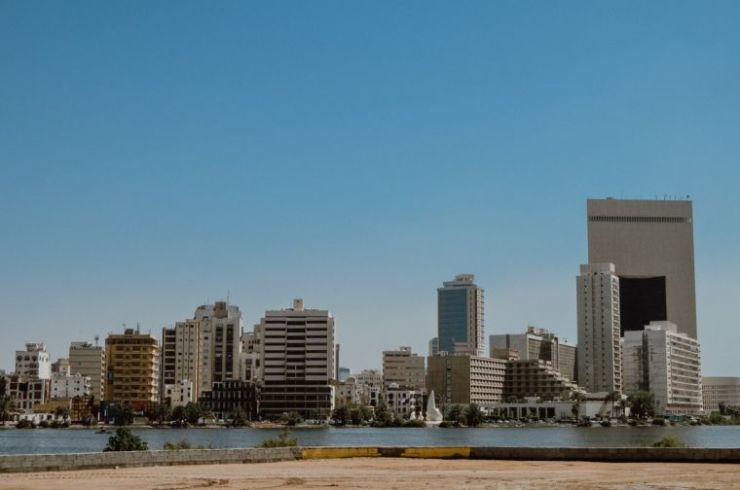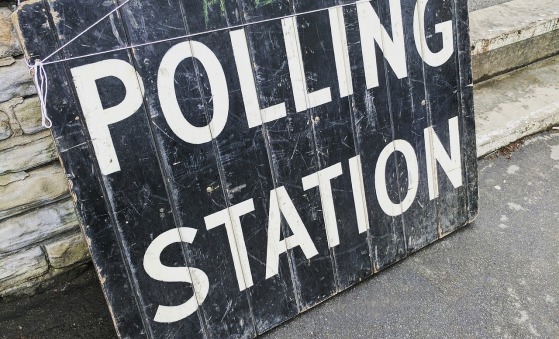
The Kingdom of Saudi Arabia is distinguished by the fact that it is considered the destination of all Muslims globally, and a leader of the Islamic world.
It is not surprising, therefore, that church bells do not ring in the Kingdom of Saudi Arabia, and that Christians - even foreign ones - cannot practice their religious rituals openly.
This status quo gives rise to the questions: why does Saudi Arabia suppress religious freedom? And will this ever change?
Several years ago, Arab media outlets and activists on social media, including political and media figures reported that following the visit of the Lebanese Maronite Patriarch Bechara Al-Rai, a church dating back to the 4th century AD and whose ruins were discovered in the east of the country in the Eighties, was to be restored.
However, no official announcement by the government was ever made. Nor was there ever any further report about this in official Saudi newspapers or on Saudi television.
The Christianity that existed in the Arabian Peninsula before Islam has faced many transformations, including the conversion of Christian Arab tribes to Islam and some of them abandoning Islam. With the passage of time, there was the presence of the British Mandate in the Persian Gulf, and the exposure of Christians in the Middle East to different migrations according to political or economic circumstances. What little Christianity there is could therefore be almost considered a 'new' Christianity formed by 'foreign' Christians on its land rather than something emerging indigenously.
So where is Saudi Arabia today?
You may not have heard but the country recently launched Saudi Vision 2030, a strategic framework under the leadership of Saudi crown prince Mohammed bin Salman to reduce dependence of the Saudi economy on oil, develop public service sectors and diversify the economy.
Its main objectives are to promote economic activities, and increase investment in the Kingdom and non-oil international trade, but another goal is to promote a more secular image of the Kingdom of Saudi Arabia.
Perhaps there could be an opening here and if so, one possible place is Neom, a planned cross-border city that is supposed to be built by 2030 in the Tabuk Province of north-western Saudi Arabia, and incorporate smart city technologies while also functioning as a tourist destination.
International efforts to secure a church in Saudi Arabia have been fruitless so far, but with promotional brochures seen by Insider showing that NEOM will include diverse populations, nationalities, religions, and a more progressive law in keeping with international standards, one could imagine a church in this kind of place.
David Rundell, a former chief of mission at the US Embassy in Riyadh, told "Insider": "NEOM is a suitable site for the first church, due to the unique nature of the legal system expected to be in effect in the cross-border investment city."
Saudi writer Ali Al-Ahmad told Insider is less optimistic, though: "It's going to be a public relations stunt. You need to have one where most of the Christians living in the big cities are: Jeddah, Riyadh."
Nina Shea, the former US commissioner for religious freedom, said that most Christians living in those cities would find little benefit from a church hundreds of miles away, but "it would be helpful to have a symbol of tolerance."
Catholic Bishop Paul Hinder, who was appointed last May by Pope Francis as Apostolic Officer of the Northern Vicariate of Arabia, agrees on the importance of Christians in Saudi Arabia having a church they can access.
He told "Insider": "I hope that such churches or places of worship will be in a place where foreign workers and employees live in the Kingdom of Saudi Arabia."
Whatever the case, Vision 2030 will be a lost opportunity if Saudi Arabia does not make religious tolerance one of its objectives.




